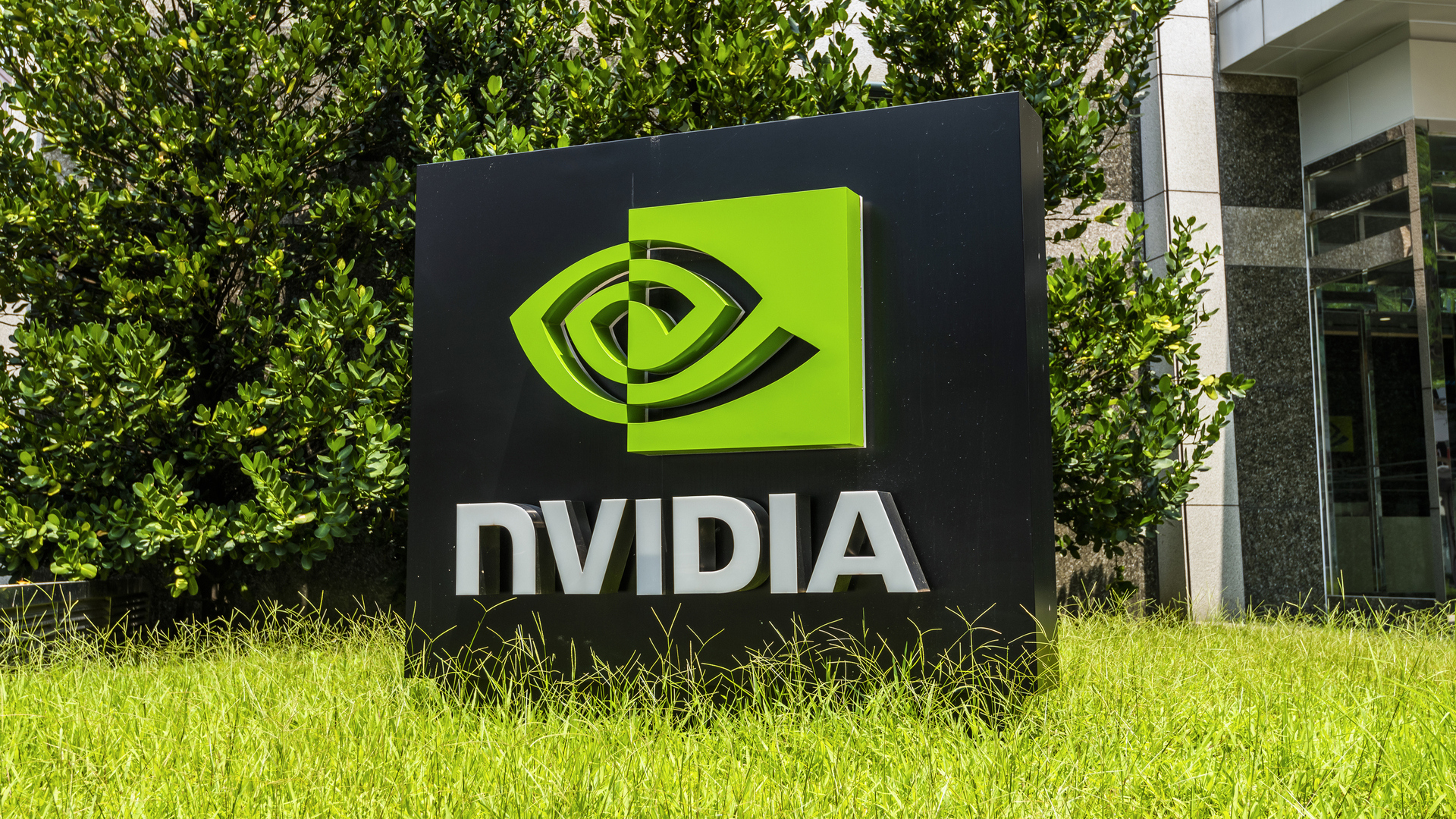
Most of us are familiar with companies that are worth billions of dollars. But trillions? That’s a number too high for the average person to comprehend. Yet semiconductor company Nvidia, one of Silicon Valley’s shining stars, has way surpassed $1 trillion and worked its way up to $4 trillion — the first company to hit that mark.
Find Out: I’m a Financial Advisor: 4 Investing Rules My Millionaire Clients Never Break
Read Next: Mark Cuban Tells Americans To Stock Up on Consumables as Trump's Tariffs Hit -- Here's What To Buy
What does this mean for the average investor, with the company valued at an astronomical amount? Does this translate to stock price and possible earnings? For investors who are wondering if they should buy now or wait and see, here’s what investing experts have to say.
The Relationship Between Market Cap and Stock Price
With a market cap of $4 trillion, surely the stock price must be outrageous, right? Not exactly. Its stock price (NVDA) is hovering around $172 per share as of July 21, 2025, far less than competitors like Microsoft Corp, whose stock price today is around $504 per share.
People confuse market cap with value, according to Pedro David Espinoza, an investor and finance expert. Instead, he said, “price moves on emotion, momentum and narrative. Market cap just tells you what the crowd thinks in that moment. Doesn’t mean it’s worth it long term.”
Nvidia is clearly “creating strong waves in the AI chip market” thanks to its proprietary technology, an impressive patent portfolio boasting thousands of patents and some savvy partnerships, according to John Murillo, chief business officer of B2BROKER, a global fintech solutions provider for financial institutions.
“I tend to share a consensus forecast of a robust $50 billion in annual revenue from government AI infrastructure,” he said.
Be Aware: Making This Common Investing Mistake? Experts Share the Easy (but Urgent) Fix
To Buy or Not To Buy?
Is there ever a good or bad time to buy? “Depends on your mindset,” Espinoza said. “If you’re long term, you’re betting on vision. If you’re short term, you’re betting on headlines. The ‘right time’ is when you believe the story and can stomach the swings.”
Volatility is always a concern with a company that is throwing so much into a new technology, Murrillo warned. “A mere 10% drop in growth expectations could lead to a 20% decline in stock price,” he said.
And for those who wonder if they should purchase the stock directly or through exchange traded funds (ETFs), Murrillo said it’s not “straightforward” either. “Direct ownership is ideal for those who have strong faith in Nvidia’s AI leadership…” However, “ETFs are a better fit for those looking for diversification while still having solid exposure to the tech sector…”
Espinoza added that ETFs are smart if you want balance. “Nvidia is a rocket. But rockets can shake. If you want AI exposure without the drama, go ETF. If you believe Nvidia is the engine behind AI, then own it.”
Stay Attuned to Tariff Wars
Interested investors should pay attention to the impact of President Donald Trump’s new tariffs and export restrictions, particularly their impact on key inputs such as copper, semiconductors and manufacturing tools.
Murrillo pointed out that the U.S.-China trade restrictions have already cost Nvidia around $4.5 billion in inventory charges. Plus, he said, “China’s own AI innovations, like DeepSeek, could start to chip away at demand.” Other companies are stepping up their game and could threaten Nvidia’s market share.
Nvidia certainly has staying power, but Murillo is taking a cautious stance, anticipating some “near-term corrections due to geopolitical tensions or increased competition.”
That said, he believes in Nvidia’s long-term potential. It may make the most sense to speak to a financial professional first.
More From GOBankingRates
- 7 McDonald's Toys Worth Way More Today
- 4 Companies as Much as Tripling Prices Due To Tariffs
- 6 Big Shakeups Coming to Social Security in 2025
- The 10 Most Reliable SUVs of 2025
This article originally appeared on GOBankingRates.com: The Most Valuable Company Worth $4 Trillion: Should You Invest Now or Wait?







